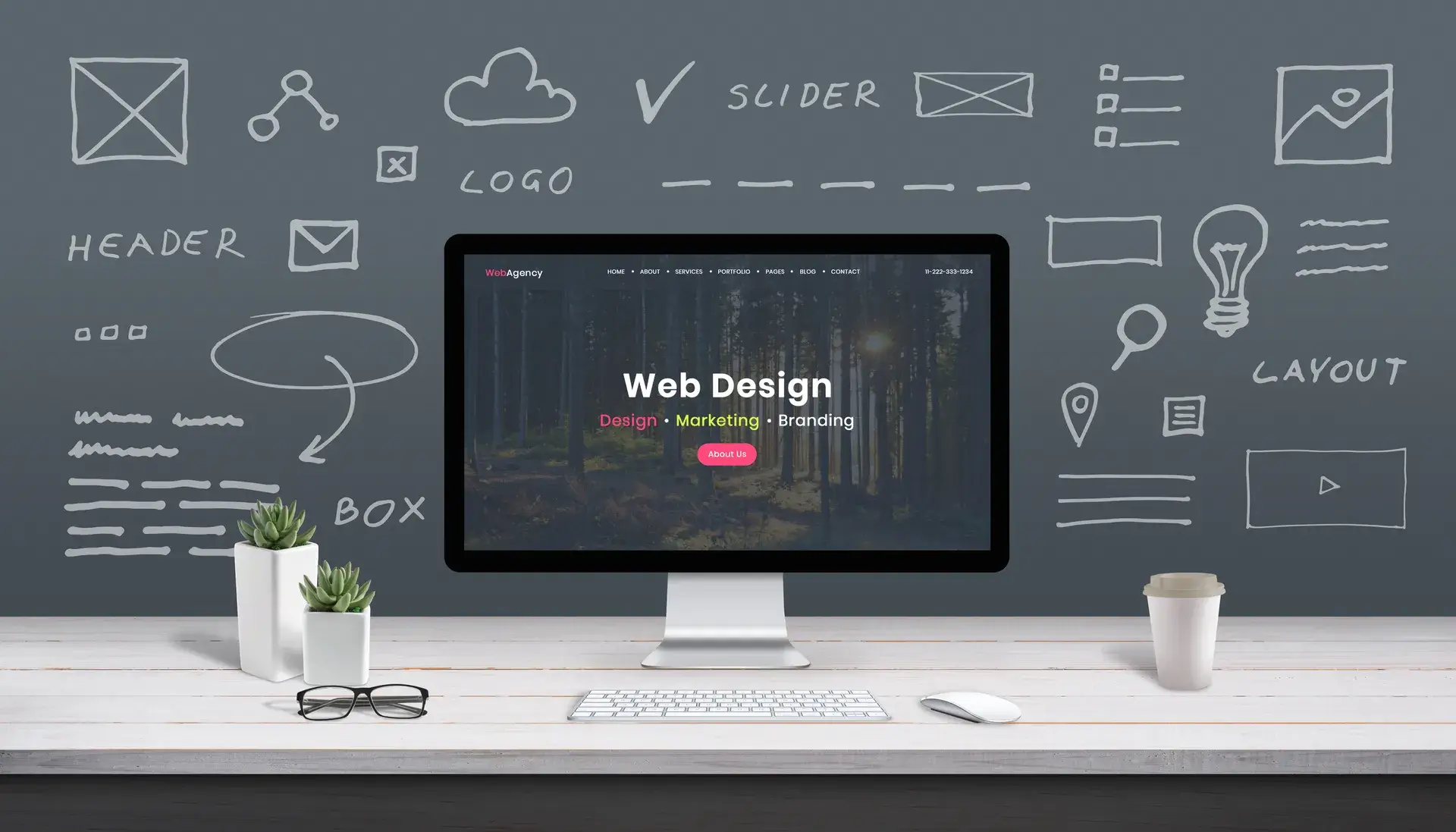As the digital landscape continues to evolve, education web design has become a crucial element for institutions and learners in South Africa. A well-designed educational website not only enhances the user experience but also facilitates better communication, resource accessibility, and learning outcomes. In this article, we will explore the significance of education web design in South Africa, the key features that make an educational site successful, and best practices to implement for optimal results.
Why Education Web Design Matters
Web design plays a vital role in the education sector. It influences how information is presented, accessed, and engaged with. The right web design can create a welcoming, user-friendly environment tailored for both students and educators. Consider the following:
- Enhanced User Experience: A well-structured website helps users navigate easily and find the resources they need quickly.
- Increased Engagement: Design elements such as interactive features and multimedia content can increase student engagement and motivation.
- Accessibility: Ensuring that websites are accessible to all users, including those with disabilities, promotes inclusivity in education.
Key Features of Successful Educational Websites
When designing a website for education purposes in South Africa, several key features should be considered to enhance functionality and user satisfaction:
- Responsive Design: Ensure your site works seamlessly across various devices, including mobile phones and tablets, as students often use these for learning.
- User-Friendly Interface: Create intuitive navigation and clear call-to-action buttons to guide users on their journey through the site.
- Search Functionality: Implement a robust search feature to help users quickly locate courses, materials, or relevant information.
- Integrated Learning Management Systems: Incorporate systems that facilitate course management, student assessments, and learning resources.
Best Practices for Education Web Design
To maximize the effectiveness of your educational website, consider these best practices:
- Regular Updates: Keep content current and relevant, including course information, news, and academic resources.
- User Feedback: Solicit feedback from students and educators to continually improve the web experience.
- SEO Optimization: Implement SEO strategies to enhance visibility and attract more users to your site. This includes optimizing meta tags, descriptions, and using relevant keywords.
- Privacy and Security: Ensure compliance with data protection regulations to protect user information and build trust.
Conclusion
Education web design in South Africa plays a pivotal role in shaping learning experiences. By focusing on user experience, incorporating essential features, and adhering to best practices, educational institutions can create effective online platforms that facilitate learning and communication. At Prebo Digital, we specialize in web design tailored for the education sector. Contact us today to discover how we can help elevate your educational website!














